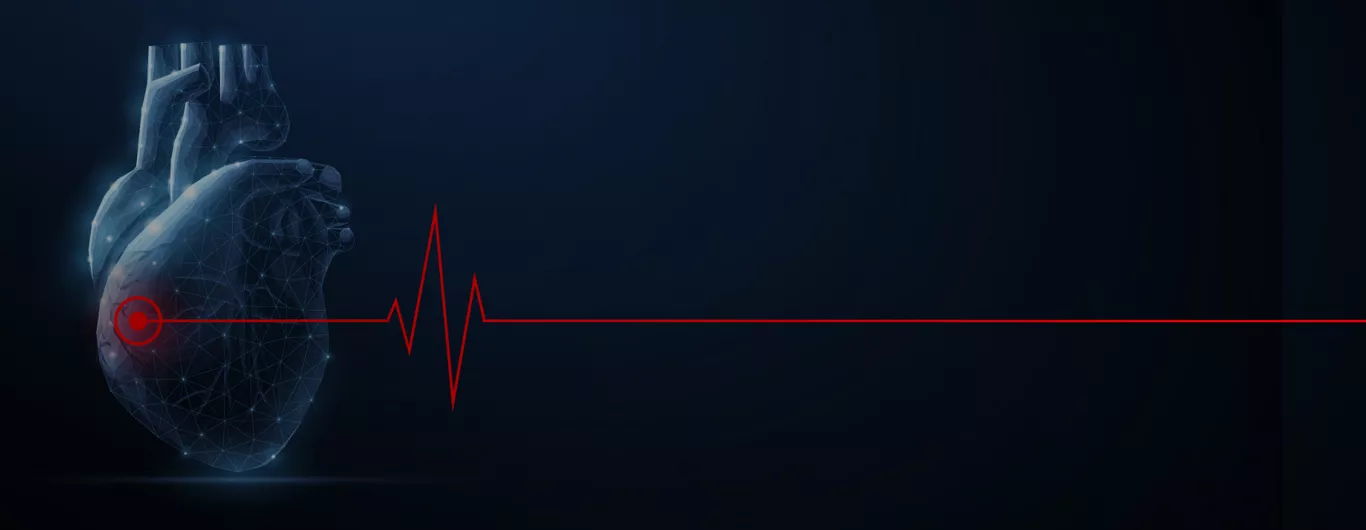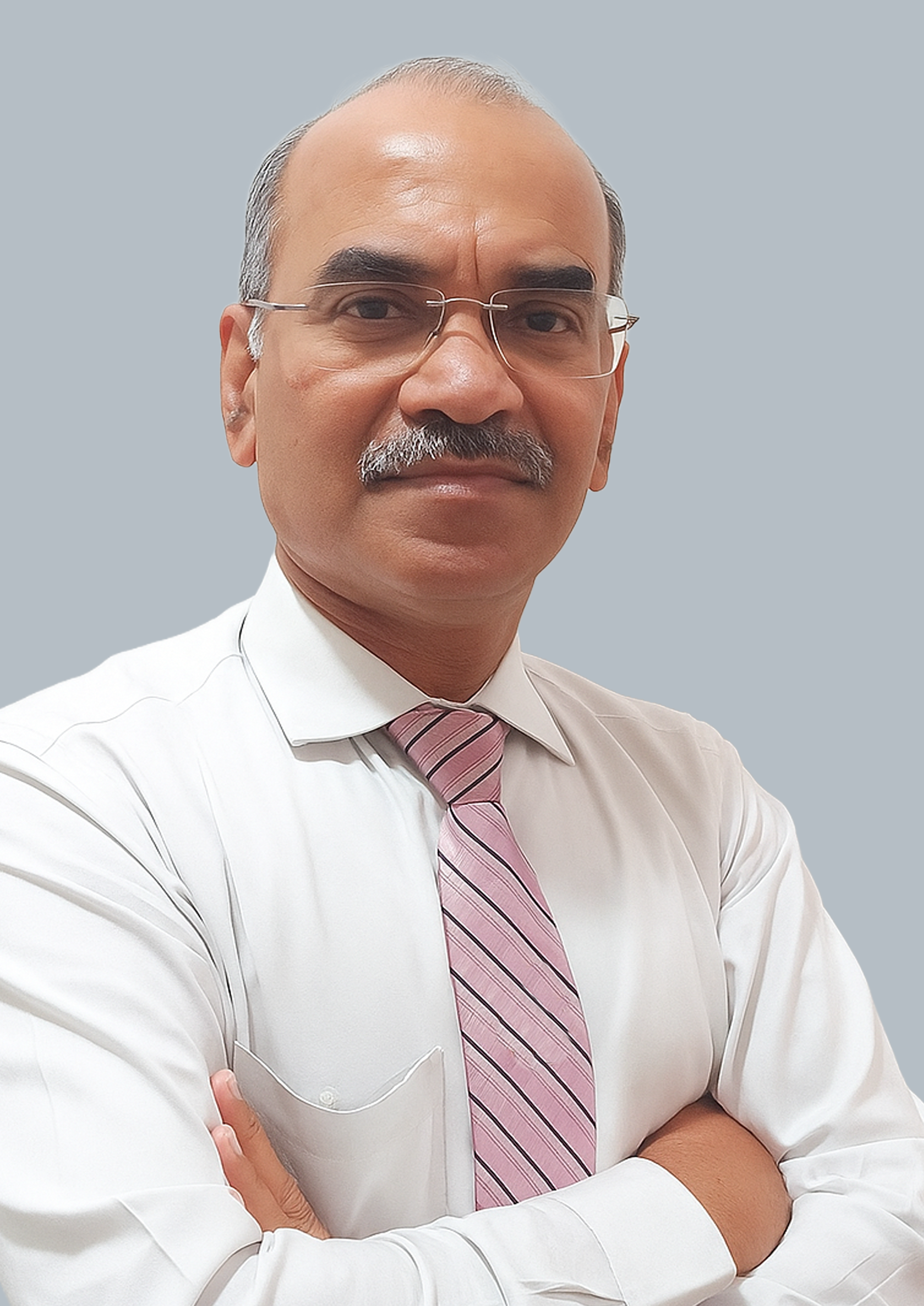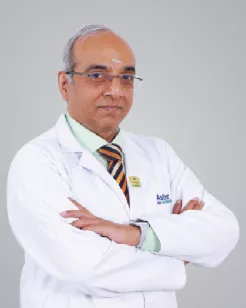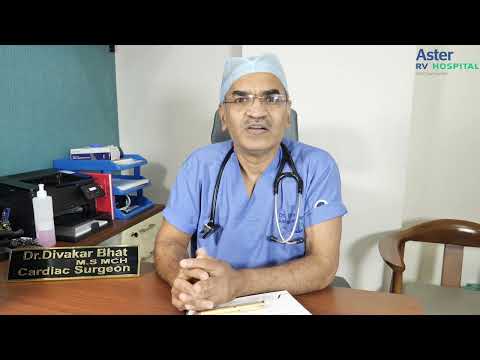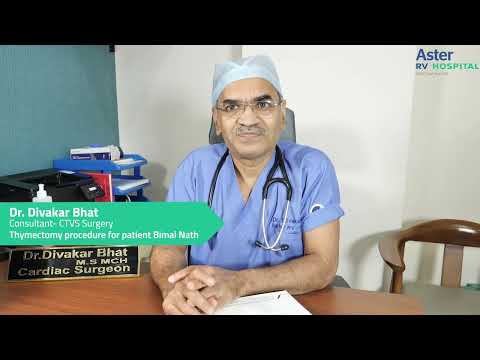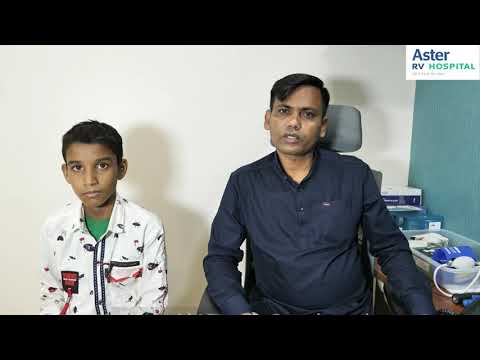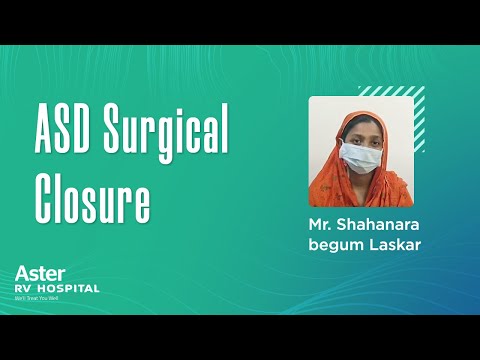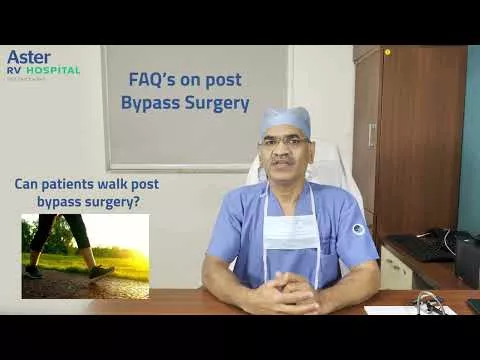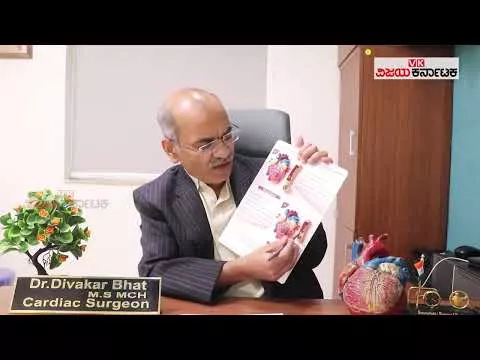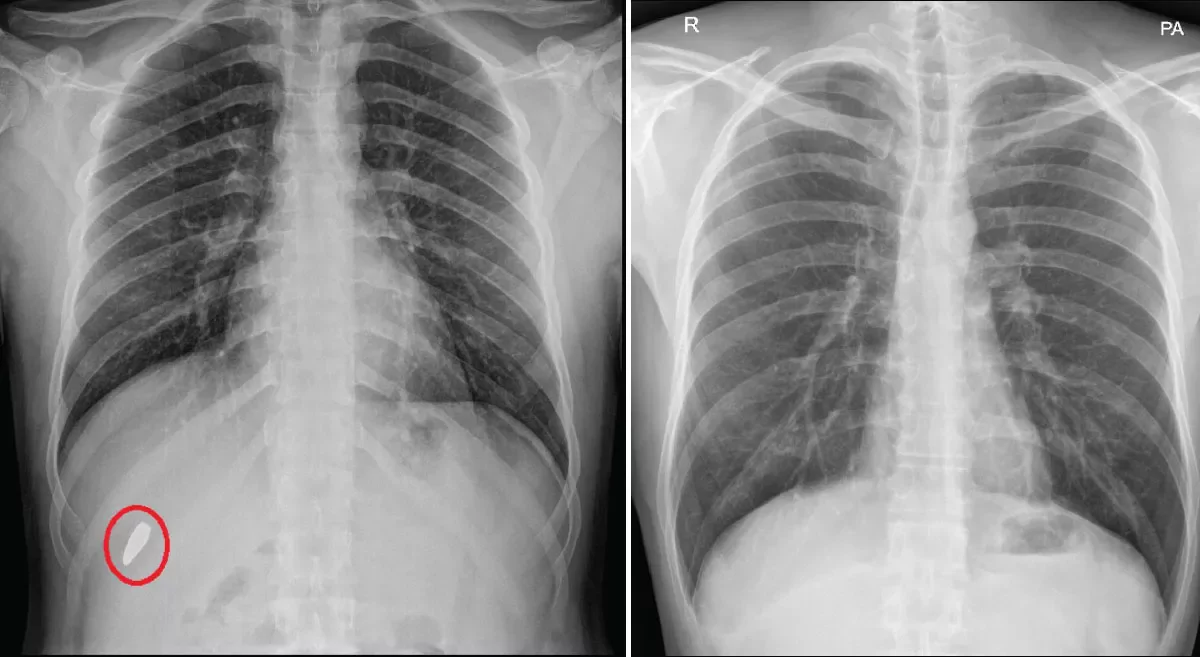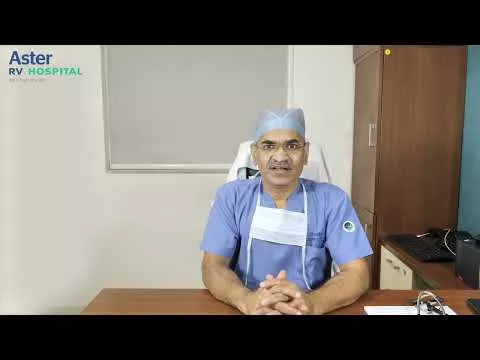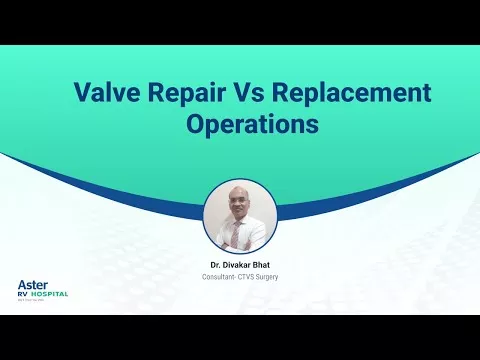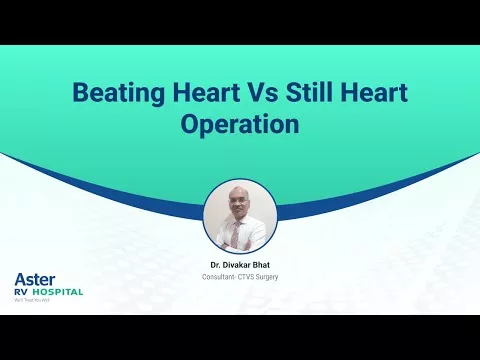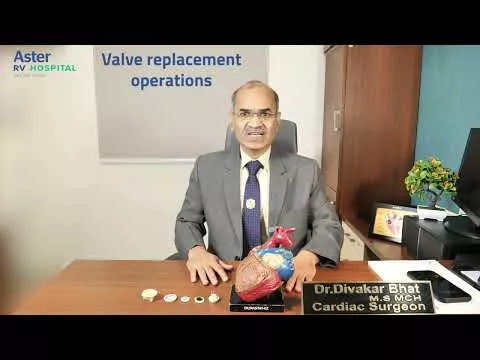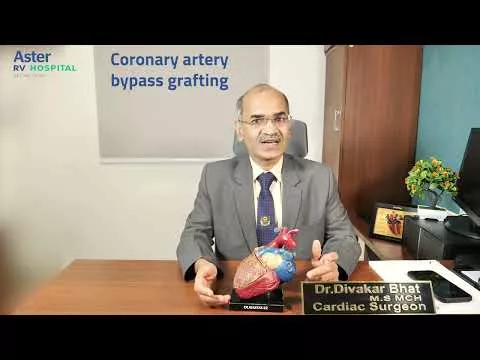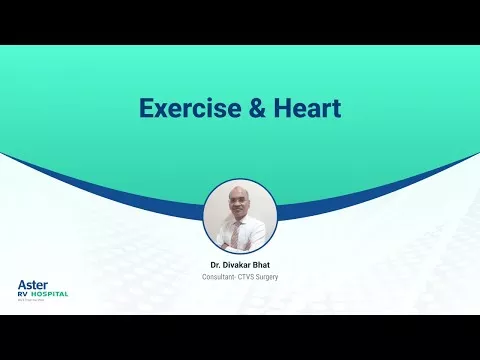The Cardiothoracic and Vascular Surgical team in Aster RV has the right blend of skill and experience to perform almost the whole range of Surgical procedures in the specialty. The team is available to full time and has dedicated operation theatres and a team of technical support staff. This makes the care of the patient undergoing Cardiothoracic surgical procedures better and hence the outcomes are superior.
Our Doctors
We have some of the best specialists from around the world, they bring years of experience and offer evidence-based treatment to ensure the best care for you.
Patient Stories
Our patients are our best advocates, hear the inspiring stories of their treatment journey
Blogs
The source of trustworthy health and medical information. Through this section, we provide research-based health information, and all that is happening in Aster Hospital.
